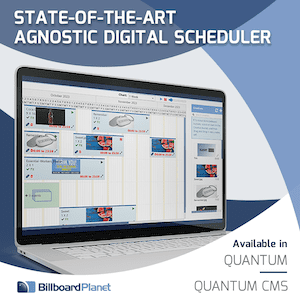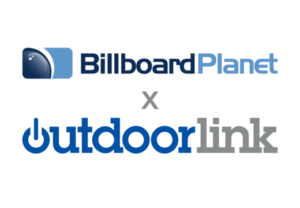Billboard Insider asked out of home attorney Richard Hamlin of Hamlin|Cody to talk about the legal aspects of private equity. Today Richard will discuss how to avoid conflict when your out of home company raises private equity. On Monday he will discuss how to resolve conflict when raising private equity.

Avoiding Conflict: People often attach different meanings to the same words. The best way to avoid conflict is to make sure everyone shares the same understanding of the deal. Here’s how we do it.
Recitals: Make sure everyone agrees on the same background facts. If they don’t, it’s better to find out before signing the contract. Here are some possibilities.
- Local jurisdiction has adopted a zoning ordinance that permits construction/conversion of static/digital displays.
- Operator has an option to acquire additional plant in its market area.
- Operator has/does not have family who are interested in continuing the business.
- Capital provider is in the business of lending money to/investing in OOH businesses.
- Capital provider provides management services to OOH operators.
- Spell out the event that leads an operator to seek outside capital, whether a loan or an equity investment. Spell out the any event that interested the capital provider in this deal.
- Important: Include a recital that neither party has made any representation unless explicitly made in the recitals, or in a separate paragraph.
Recitals permit anyone reading the contract to understand what has motivated the Parties to sign it. Recitals give the reasons behind the Parties’ objectives, which we will discuss below.
Representations: This is another area that might lead to conflict. The courts are full of cases where one party thought the other had misrepresented something, or failed to disclose something. We recommend including representations in the Recitals and identified as such. Here are some examples.
- Operator represents it has all state and local permits that are required for its displays.
- Capital provider represents it has adequate resources to fund the transaction described in this Agreement.
- If there is something that concerns you, ask the other party to represent the status.
In California, recitals are conclusively presumed to be true. That is why we recommend explicitly identifying representations and explicitly including a Recital that all representations by the parties have been identified as such. This may not defeat a claim of a failure to disclose an important fact or a claim that the contract was induced through fraud. It will go a long way towards avoiding such a conflict in the first place.
Objectives: Describe what each party wants to accomplish. If an unexpected event occurs, or if something seems ambiguous, this list of objectives will provide context. It will help the parties and any third person reading the agreement know why specific terms are in the contract. They establish a framework that will help resolve disagreements before they turn into disputes.
Terms: These are the guts of the contract. These are the promises that each party makes to the others. These spell out the conditions, that is, what must happen before another party does something. Stark Capital has identified typical areas for discussion.
When you agree on a term, say so explicitly and simply. Don’t use big words. Avoid clauses such as, “Unless otherwise provided ….” Those are an invitation to dispute. Such clauses make it harder to read and understand the agreement.
Let the agreement sit for a few days to a week. Then read it again. Maybe what you thought was clear when you wrote it is not so clear on a second reading. We recommend that you have someone with no connection to the deal read the final pre-signing draft. Ask that person to tell you what they think the contract says.
To receive a free morning newsletter with each day’s Billboard insider articles email info@billboardinsider.com with the word “Subscribe” in the title. Our newsletter is free and we don’t sell our subscriber list.
Paid Advertisement

















